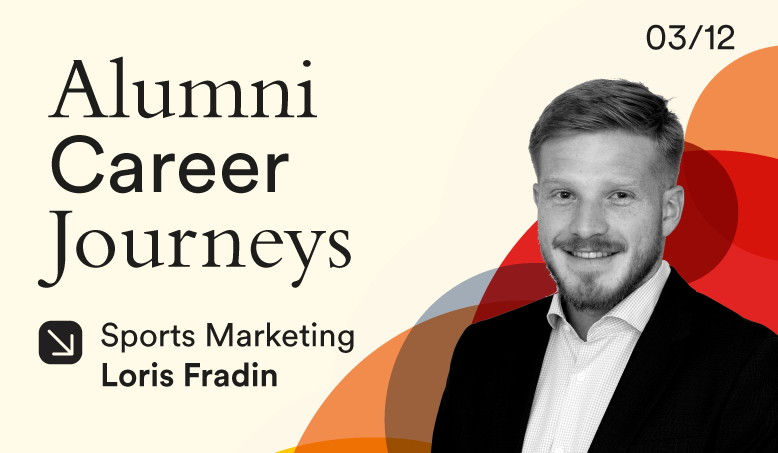As we continue to celebrate the career success of Hult alumni as part of our 12 over 12 series, this month we had the honor of interviewing Bachelor of Business Administration Class of 2020 graduate Loris Fradin.
Growing up in the French countryside with the Alps on his doorstep, Loris always had a love of sports and adventure. He knew he wanted to turn his passion into a profession, and Hult became the springboard to an international career in the business of sports.
Today, Loris is a Consultant at JTA, focusing his efforts on the run-up to the Paris 2024 Olympic Games. We spoke to him to find out more about his background, his time at Hult, and how he’s successfully carved out a career in a highly competitive industry.
Hult: Tell us a little bit about where you’re from
Loris: I grew up in France, between Lyon and Geneva in the French Alps. Since I was little, I’ve always been involved in sports and playing sports. Growing up in the countryside, I did a lot of mountain biking and skiing.
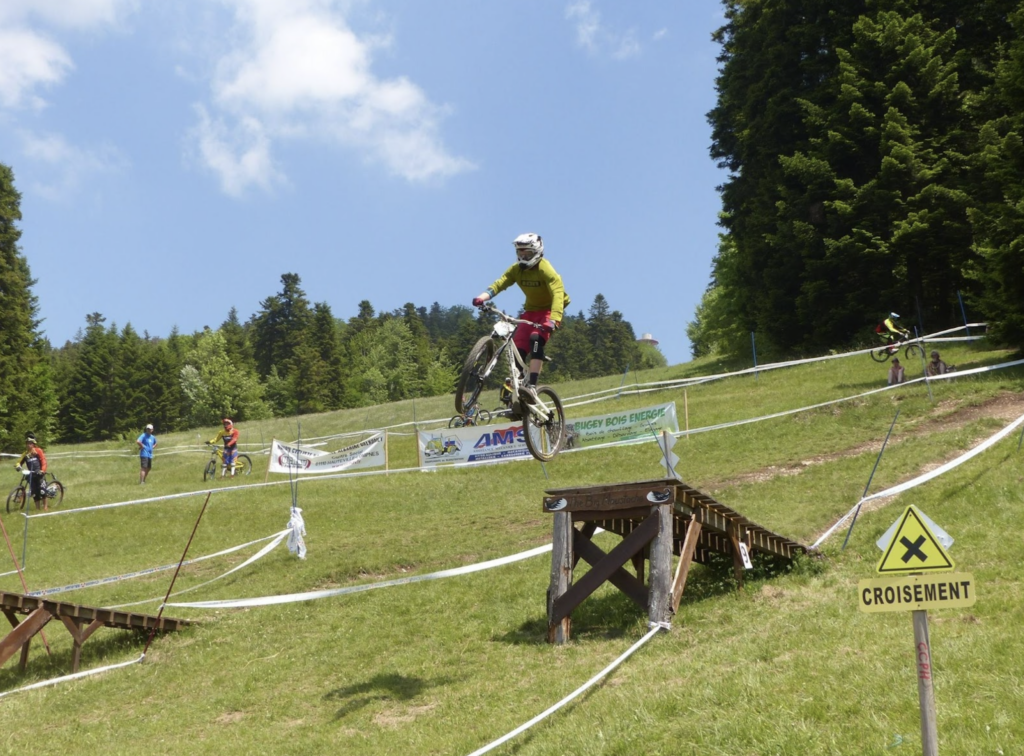

H: What brought you to Hult?
L: When I finished high school, I knew I definitely wanted to study business. I was debating between going to a sports business school or a general business school.
I decided that it would probably be better for me to start with general business and then narrow it down to sports business. I was also really keen on moving abroad and going for a new adventure, and that’s why I chose to do my BBA at Hult in London.
H: Can you tell us about any memorable classes or professors?
L: I had the opportunity to go to the Ashridge campus for an intensive four-day summer course taught by Max Neal. The focus was on sports management and it was my absolute favorite course at Hult. Max brought in lots of guest speakers, and it was a very good first taste of the sports industry.
Max is a really great professor—although some people taking the class weren’t necessarily interested in sports, everyone loved this course. Max also helped me a lot when I was thinking about my career, always taking the time to talk and give me tips and good insight into the industry. Largely thanks to him, I’m here and working for a company in sports.
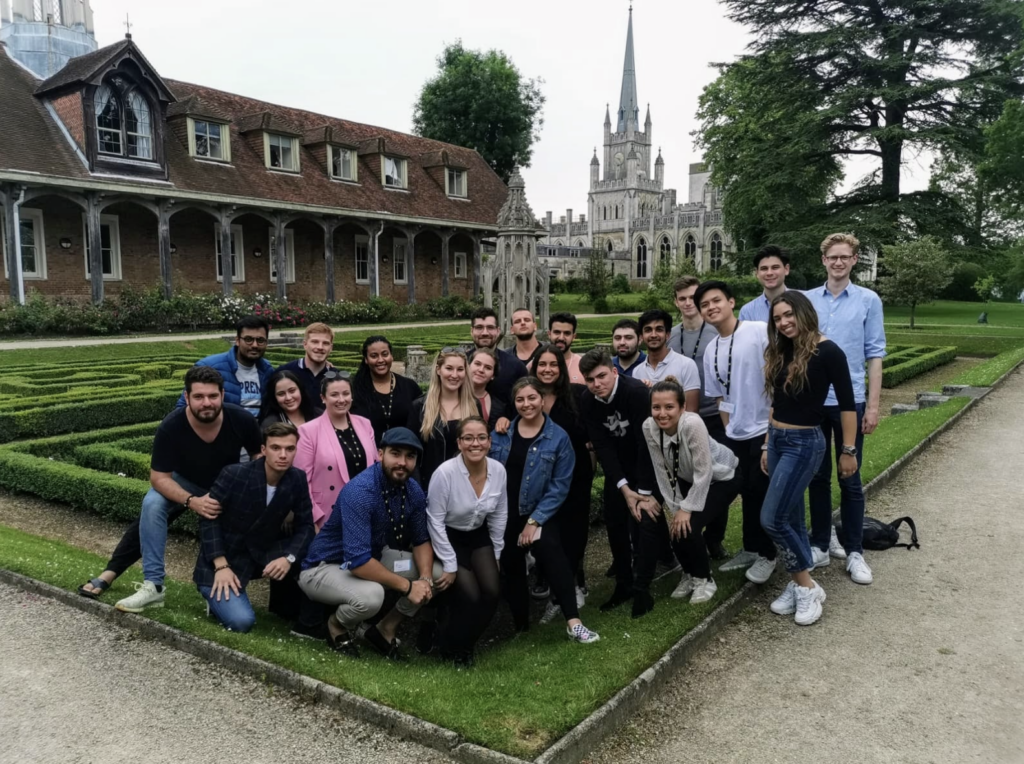

Another experience that stands out was my Capstone Business Challenge. My team ended up winning it, although we were competing against very, very strong teams. It was the moment I realized I could actually apply all this knowledge I gained from my courses and turn it into a real-world business strategy.
The experience also taught me how to talk to high-level, or C-suite professionals. They don’t necessarily have lots of time, they’re busy, and they have lots to think about, so you need to have your elevator pitch ready. You may only have one minute to get their attention so you need to have maximum impact with what you say. That’s something I still use on a daily basis.
I realized I could actually apply all this knowledge I gained from my courses and turn it into a real-world business strategy.
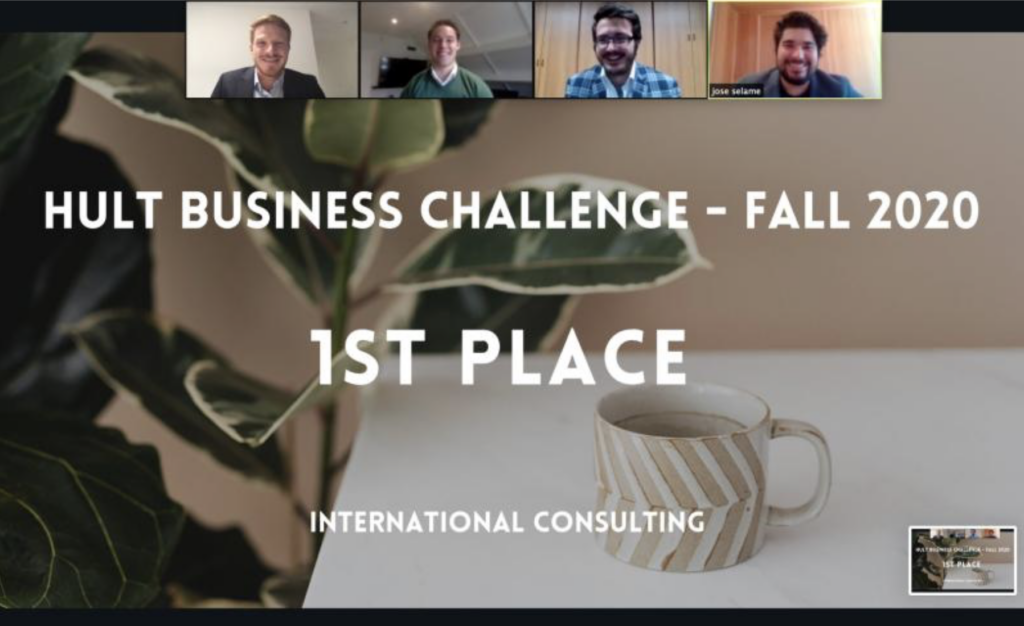

H: You were also the founder and President of the Hult Rugby Club in London. Can you tell us a bit about that?
L: Setting up the rugby club was actually quite challenging! Although we’re in England and rugby is a very famous sport here, it’s not necessarily big among international students. But once we were up and running we did well! I signed a partnership with East London RFC, and we had about 10 Hult students playing for the club every weekend.
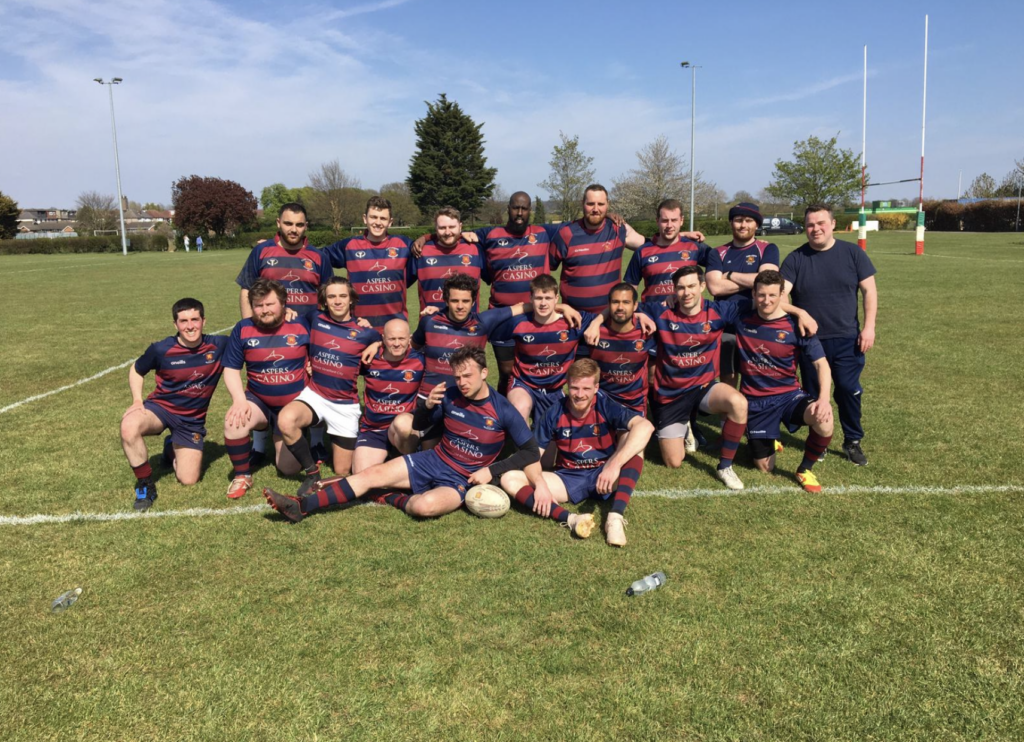

It was also a good experience organizing events and organizing training to get a little taste of what it’s like to work in sports.
H: What was your career trajectory like? Did you always know you wanted to work in sports?
L: I always knew I wanted to make my work something I was passionate about, so it was either going to be cars or sports. In the end, I decided to go for sports.
I started working in sports really from when I was in high school. I was involved in a mountain bike club and helped to organize races, but I also had a voluntary apprenticeship for a local radio station where I covered the sports agenda for the weekend—basketball, rugby, and football. So that was my introduction to the world of sports journalism.
I always knew I wanted to make my work something I was passionate about.
Because I loved skiing and mountain biking, I wanted to work in extreme sports. My initial goal was to work for Red Bull, but after Hult, I got an internship for Extreme International. For anyone who knows about the world of extreme sports, they founded the Extreme TV channel and are now a marketing agency for brands and athletes in that world. I worked for their social media department on a four-month internship, which got me into sports marketing and that became what I wanted to do.
I managed to turn my internship into my first job, where I was doing social media marketing, producing content, and working on brand launches. Being involved in coming up with campaign ideas was really good experience. I also did a bit of work in athlete sponsorship, reaching out to people and talking to a lot of different athletes. I met a lot of people and it was a great experience to have, although because of Covid, all of this was done remotely.
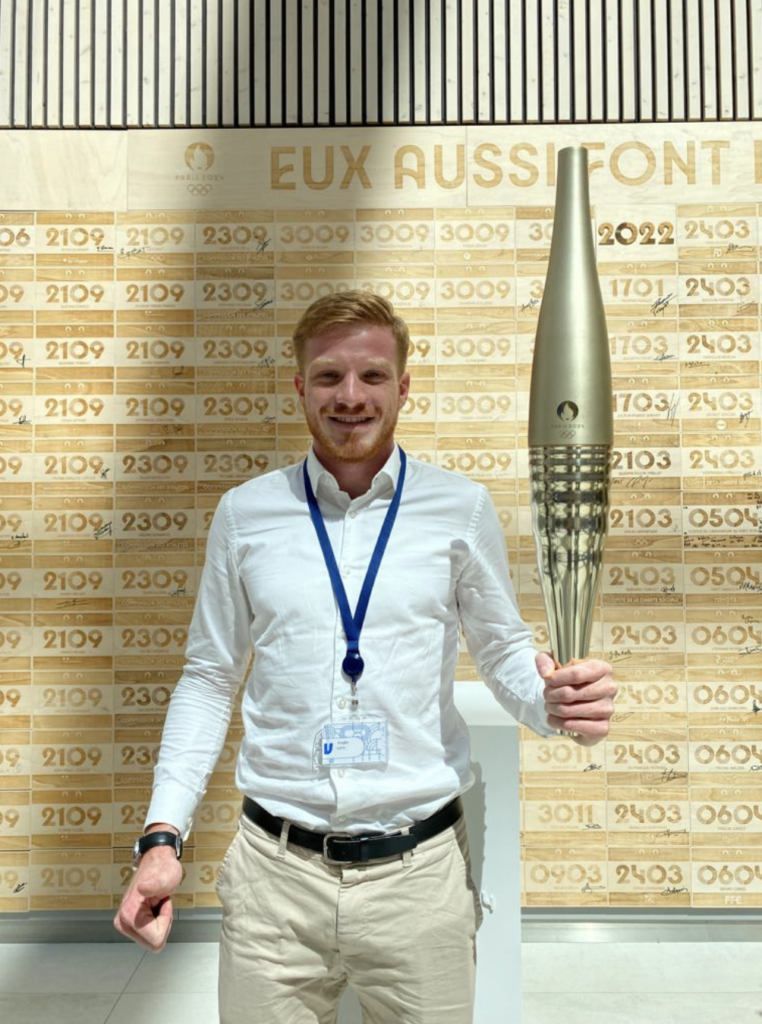

At that stage I decided, to take my career another step forward, I’d need to do a bit more studying. I moved back to France to do my master’s, specializing in Sports Business this time. Once I finished my master’s, I wanted to come back to the UK, and I ended up finding my current job at Jon Tibbs Associates (JTA), a sports PR and international communications agency.
My day-to-day work is focused on Paris 2024, working with the Organizing Committee for the Olympic and Paralympic Games. We’re in charge of all the international communications strategy and international media relations. I’ll be going to Paris for about two months this summer, working as a press attaché for Paris 2024, and I’m really looking forward to it. It’s going to be a career high point for me.
H: Do you see games and sporting events differently now that you work in the industry?
L: Now when I go to a sports venue, I see the game but I also see everything that surrounds it. I see the sponsorship, the hospitality, the media covering it. It brings you a different appreciation for what you’re seeing on the pitch because you know all of that.
H: What’s next for you?
L: When I was at Hult, I had wanted to go to Dubai to study, but unfortunately because of the travel restrictions around Covid, I never had the chance.
Now obviously the sports industry is growing in the Middle East, and it’s definitely an important market. So I would be interested in working in Saudi Arabia or somewhere in that region in the future. I’d like to have a new adventure, to experience a new country and a new culture.
H: Any advice for current Hult students who might want to get into the sports industry?
L: One of the tips I would give anyone who wants to start their career in sports is to get involved as much as you can early on. Voluntary experience, getting involved with a club, organizing events—it’s all very valuable on your CV and gives you plenty to talk about from your first interviews. From the age of about 16, I used to organize a monthly mountain bike race, and I learned so much and really saw how grassroots-level sports work. What you learn from clubs you can use and apply at a professional level.
Another bit of advice I would give is that success doesn’t come because you’re the biggest sports fan ever. Say if you want to work in Formula One, you won’t make it simply because you’re the biggest Formula One fan and you know everything about all the drivers and all the cars. When you’re being interviewed, employers want to know what you’ll bring to the table and how you’ll make a difference to their business. That is the way you have to approach it: the sports industry is a business. Obviously, there are lots of sports fans working in it, but you still have to have this business perspective.
Success doesn’t come because you’re the biggest sports fan ever. Employers want to know what you’ll bring to the table and how you’ll make a difference to their business.
H: Congratulations on your amazing career journey so far, Loris, and all the best for the future! We look forward to seeing what you achieve next.


